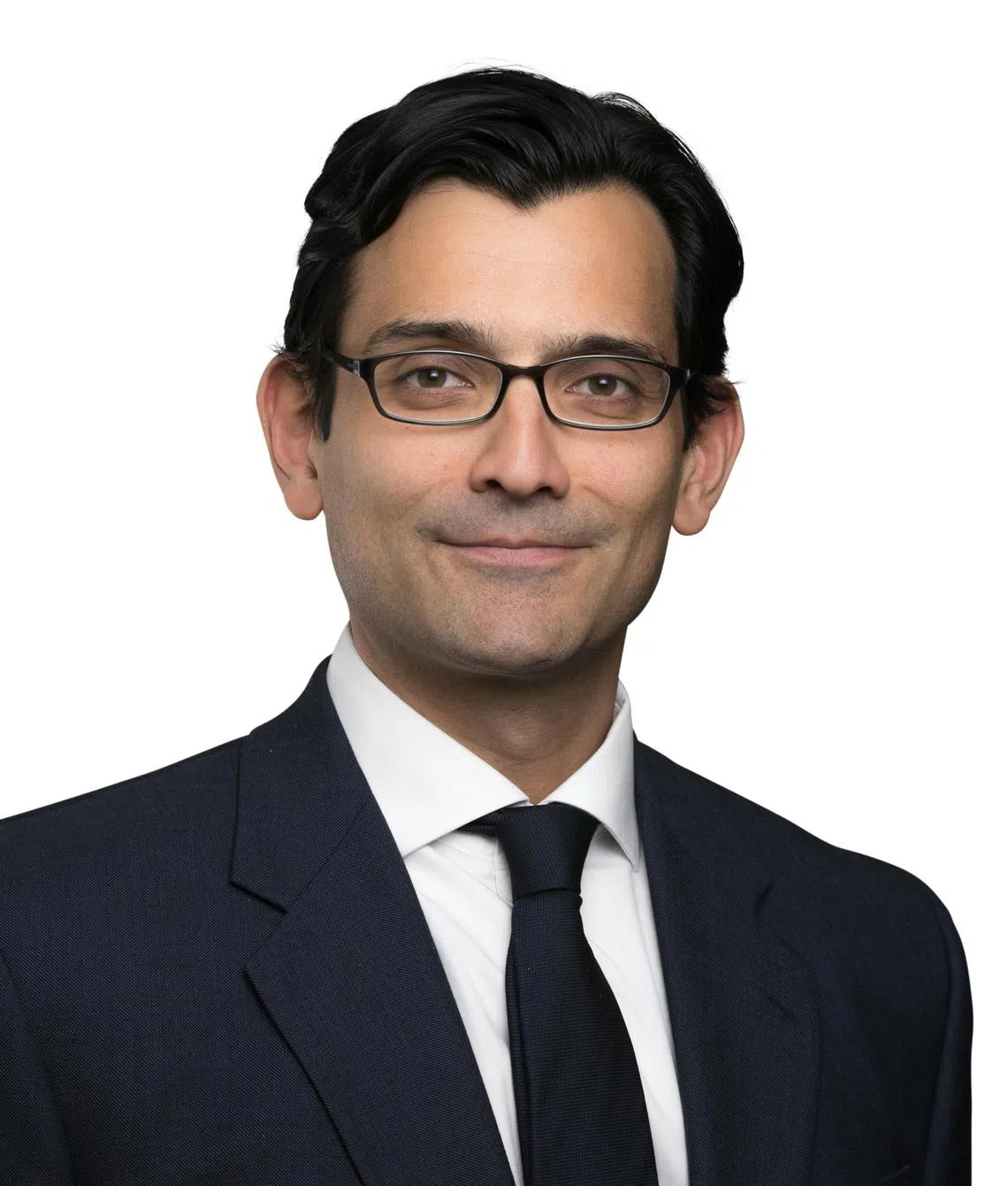What Trump’s victory means for the retail investor
Sign up now: Get ST's newsletters delivered to your inbox

A key determinant of how Donald Trump will affect various asset classes is how quickly and aggressively the newly elected president will implement his policies.
PHOTO: REUTERS
SINGAPORE – The US election result will have an impact on global trade and finance in the coming months and years.
A key determinant of how Trump 2.0 will affect various asset classes is how quickly and aggressively the newly elected president
Endowus chief investment advisory officer Hugh Chung noted: “A second Trump presidency may lead to higher inflation, interest rates and a stronger US dollar due to higher tariffs. It may also mean stronger corporate earnings due to tax cuts.”
While stocks and cryptocurrencies have risen in anticipation of these policies, the initial rush seems to have given way to some introspection, given concerns that US President-elect Donald Trump may not be able to follow through on his campaign promises.
However, these trades may regain momentum, especially if the Republican Party controls both the US House of Representatives and the Senate, making it easy for Trump’s policies to pass.
Here is what the experts recommend.
Equities
“Investors should brace themselves for further swings ahead. We advise investors to be ready to take advantage of any outsized market reactions,” said Ms Tan Min Lan, Asia-Pacific head of UBS Global Wealth Management’s Chief Investment Office.
Invesco global market strategist David Chao said: “US assets tend to do well in the year after an election, especially stocks.”
Insead associate professor of finance Ben Charoenwong said: “Tough trade policies with China actually tend to increase diversification benefits, so Singapore-based investors may want to consider owning broader Asian stocks that may benefit from the supply-chain decouplings.
“Given Trump’s uncertain and aggressive stance, defence stocks may provide a hedge to rising tensions. There are also plenty of thematic bets that can be made, such as short importers and long domestic producers.”
Phillip Securities Research’s head of research, Mr Paul Chew, expects Asean electronics and other exporters to benefit, “as their competitive edge improves with punitive tariffs on China and a stronger US dollar”.

Phillip Securities Research’s head of research, Mr Paul Chew, expects Asean electronics and other exporters to benefit.
PHOTO: PHILLIP SECURITIES
“Hong Kong equities could struggle due to slower growth in China, and potential tariffs or financial flow restrictions under the new US administration.”
He expects Singapore banks to gain from higher interest rates, a steeper yield curve and increased volatility in capital markets.
In contrast, the real estate and industrial commodities sectors may be hampered by high interest rates and dampening construction, he noted.
Most of the experts are betting on US stocks in the technology, utilities, defence, financial and energy sectors.
UBS’ Ms Tan said: “These are the potential beneficiaries of Trump’s deregulations.”
She noted that while the tech sector could face headwinds from trade tensions, “we do not believe this will outweigh the structural growth story over the medium term”.
Trump’s tariffs will also help certain sectors. Endowus’ Mr Chung noted that financials and small caps may outperform, “as companies with domestic US revenues and supply chains relative to global ones may do better”.
Meanwhile, cyclical sectors like industrials and mid-caps, as well as banks, oil and gas, and defence, stand to gain from the better growth outlook and Trump’s policy direction, according to a Julius Baer report.
VP Bank chief investment officer Felix Brill said that with Republicans in the driver’s seat, medium-sized US companies are likely beneficiaries, noting: “Mid-caps have lower debt ratios than small caps, and hence, are less vulnerable if interest rates rise.”
Meanwhile, Phillip Securities’ Mr Chew expects US-equity exchange-traded funds to be buoyed by the rising tide of American stocks, on the back of a stronger greenback and optimism over reduced regulation, and lower taxes.
Elsewhere, emerging market equities should also do well under the Trump presidency, with Invesco’s Mr Chao optimistic about their outlook, particularly for those in Asia.
He feels that the market may be overestimating the economic impact of Trump’s proposed tariffs on the wider region, as many multi-nationals have learnt from the first Trump administration to diversify supply chains.
Abrdn global head of equities Devan Kaloo is also upbeat, saying: “Even though rising tariffs may not be great for emerging markets, a stronger US economy is supportive of many companies and economies.

Abrdn global head of equities Devan Kaloo noted that there are also several “long-term structural tailwinds” underpinning these markets.
PHOTO: ABRDN GLOBAL
He noted that there are also several “long-term structural tailwinds” underpinning these markets, including a pickup in global industrial capital spending, the technology revolution and a growing number of companies that are improving shareholder returns, he added.
Bonds
Bond yields have risen substantially, and levels appear more attractive. However, the market volatility is here to stay, noted the Julius Baer report.
“We prefer corporate bonds over government ones, favour a balanced duration approach, and monitor a possible shift in trade policy to refine our strategy in the riskier segments,” it added.
Mr Chew said European bonds are appealing, “due to disciplined fiscal budgets and potential interest rate reductions as exports weaken from slower global trade”.
“In contrast, long-term US bonds look vulnerable amid risks of structural inflation driven by potential mass deportations, high import tariffs and aggressive fiscal deficits.”
Mr Chung said: “Shorter duration bonds look to be the safer place for the time being, until we figure out the magnitude of potential tariffs and the impact on inflation.”

Gold and other assets
Meanwhile, although gold has lost some of its lustre after hitting recent record highs, Ms Tan feels there is potential for further price rises.
She said: “We believe that higher deficits, geopolitical uncertainty, and continued central bank buying should lead to upside over the coming months. We have a target of US$2,900/oz for September 2025.”
The Julius Baer report also addressed digital assets, noting: “The fundamental reason for the crypto rally lies on expectations of radical changes in the regulatory and legislative backdrop following a full-on Republican sweep.
“Combined with increasing liquidity and lower-than-expected interest rates, the balance of risks is to the upside.”
Ultimately, however, retail investors need to keep in mind that having a balanced portfolio is safer than betting everything on a particular stock or asset class.
Endowus’ Mr Chung said: “We strongly believe that diversification is the only free lunch. Thus, we would discourage retail investors from trading the markets or picking the winners.”
Correction note: The designation of Mr Hugh Chung, Endowus’ chief investment advisory officer, has been updated in this version of the story.



